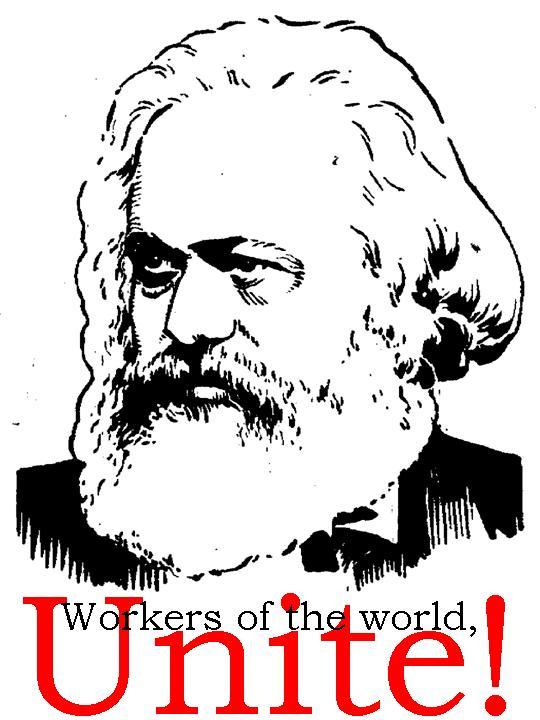Philip Ferguson in a talk given in 2004 looks at the underlying forces driving world capitalism today.
In Capital, Marx notes that at a certain point of development the capitalist system itself, in particular the property form, becomes an obstacle to the further development of the production forces and even to the further development of capitalism itself. The chief barrier to capital turns out to be capital itself. At this point capital attempts to escape the limitations of its own natural laws of motion and find new ways of operating. This indicates that capitalism has reached the end of the road, and socialism is required.
In its own perverse way, capital begins to establish what Lenin called ‘transitional forms’ – forms which indicate that the means of production are trying to go beyond capitalism to a new form of society. Of course, they cannot, as long as capitalist property forms constrain them and the capitalist class holds political power. However they can last for a long time in the absence of a revolutionary challenge. As Lenin noted, there are no hopeless situations for capitalism in economic terms. In fact, in Imperialism, Lenin suggested that the imperialist epoch, the highest and final stage of capitalism, could last “for a fairly long period” if what he called the “opportunist abscess” in world politics, namely social democracy, was not decisively defeated.



